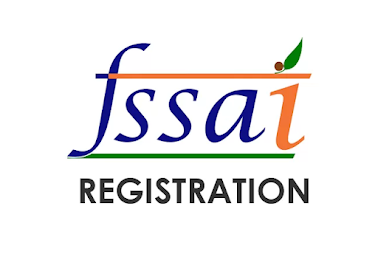Gst registration Consultant in Delhi, India
Goods and Services Tax (GST) registration is essential for businesses that meet certain criteria. GST is a value-added tax levied on the supply of goods and services in many countries. Here’s a comprehensive guide to GST registration:
Why Register for GST?
Legal Requirement:
Businesses with a turnover exceeding a specified threshold are legally required to register for GST.
Specific business activities also necessitate GST registration, regardless of turnover.
Tax Compliance:
Ensures compliance with tax laws.
Allows businesses to collect GST from customers and remit it to the government.
Input Tax Credit:
Registered businesses can claim input tax credit on GST paid on purchases.
Enhanced Credibility:
Gst registration Consultant in Delhi increases business credibility and opens up more business opportunities.
Steps for GST Registration
Determine Eligibility:
Check if your business meets the turnover threshold or specific criteria for mandatory GST registration.
The threshold varies by country; for example, in India, it’s ₹40 lakhs for goods and ₹20 lakhs for services.
Gather Required Documents:
Business PAN Card: Permanent Account Number (PAN) of the business or individual.
Proof of Business Registration: Certificate of incorporation or business registration document.
Identity and Address Proof of Promoters: PAN, Aadhaar, passport, or other government-issued ID.
Address Proof of Business: Utility bill, property tax receipt, rent agreement, etc.
Bank Account Proof: Bank statement, canceled cheque, or passbook copy.
Digital Signature Certificate (DSC): Required for company and LLP registrations.
Online Registration Process:
Visit the GST Portal: Access the official GST registration portal of your country.
Fill the Application Form: Complete the GST REG-01 form with necessary details.
Part A: Basic details like PAN, mobile number, and email.
Part B: Comprehensive information including business details, promoters/partners, and bank account information.
Upload Documents: Attach the required documents in the prescribed format.
Verification: Verify the application using OTP sent to registered mobile number and email, or using DSC.
Submission and ARN Generation:
Submit the application after verification.
An Application Reference Number (ARN) is generated for future reference.
Application Processing:
The tax authorities review the application and documents.
Additional information or documents may be requested.
GSTIN Issuance:
Upon successful verification, a GST Identification Number (GSTIN) is issued.
The GSTIN is a unique 15-digit number.
Download GST Certificate:
The GST registration certificate can be downloaded from the GST portal.
Post-Registration Compliance
Display GSTIN:
Display the GSTIN on all business invoices and at the place of business.
File GST Returns:
Regularly file GST returns as per the prescribed schedule.
Include details of sales, purchases, and input tax credit.
Maintain Records:
Keep accurate records of all business transactions, invoices, and returns filed.
Comply with GST Rules:
Stay updated with changes in GST laws and regulations.
Ensure timely payment of GST collected to the government.
Example: GST Registration in India
Determine Eligibility:
Businesses with turnover above ₹40 lakhs (₹20 lakhs for services) must register.
Gather Documents:
Business PAN card, identity proof, address proof, business address proof, bank details, and DSC.
Online Registration:
Visit the GST portal (gst.gov.in).
Fill out the GST REG-01 form, verify with OTP or DSC, and submit.
Receive ARN:
An ARN is generated upon submission.
Application Processing:
The application is reviewed by GST officers.
Receive GSTIN:
The GSTIN is issued upon successful verification.
Download Certificate:
The GST certificate is available for download from the portal.
Using this guide, businesses can navigate the GST registration process effectively, ensuring compliance and leveraging the benefits of being a registered entity. For complex cases or additional support, consider consulting a tax professional or GST registration Consultant in India


Comments
Post a Comment